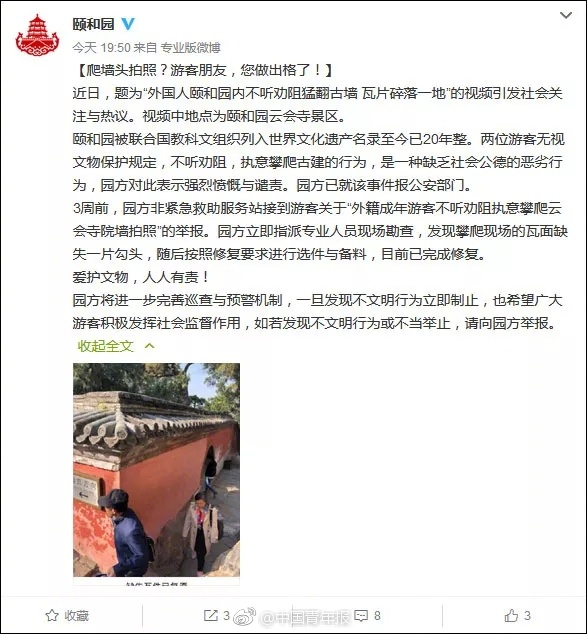If you're on Mission XXX Impossiblesocial media, you're likely very aware of potential online abuse and harassment — of which marginalized groups bear the brunt. There is, however, another insidious form of abuse as it relates to technology: digital abuse.
Digital abuse is the use of technology, like texting and social media, to bully, harass, stalk, or intimidate a partner, according to love is respect, a support project by the U.S. National Domestic Violence Hotline aimed at young people. Examples of digital abuse are controlling who you can connect and speak with on social media; keeping constant tabs on you through social networks, spyware, or tools like location sharing; and stealing your passwords.
SEE ALSO: What's the difference between a healthy and abusive relationship? Reddit can help.Here are other ways digital abuse can manifest, according to love is respect and the Metropolitan Police:
controlling your online accounts, whether social media or otherwise (like your bank)
sending negative, insulting, or threatening messages
cyberflashing, or sending unwanted explicit images
demanding or pressuring you to send explicit images
posting explicit images of you without permission (intimate image abuse)
using your social media accounts without your permission
posing as you on social media
putting you down for content you post
taking away your devices
According to a survey of over 2,000 UK women and people of other marginalized genders by social network Communia, 29 percent of respondents have had a partner control or try to control their social media interactions. One in nine (11 percent) had a partner who did take control of their social interactions, while 18 percent had a partner who tried.
Digital abuse impacts younger people more, with 41 percent of 16-24 year-old respondents experiencing a partner control or try to control their digital interactions. Eight percent of respondents 55 and over said the same. Further, LGBTQ people also experience this: 61 percent of LGBTQ respondents had a partner control or try to control digital interactions. Twenty-seven percent of straight respondents experienced this.
If you're experiencing digital abuse, know that you have the right to privacy. You also have the right to turn off your phone and be with loved ones without your partner getting angry, love is respect noted.
Some tips from loveisrespect and the Metropolitan Police:
Set strong passwords for your accounts and devices, and don't share them
Change your WiFi password if possible
Know the privacy settings on your social media accounts
Turn off location sharing, and be mindful when checking in places on Facebook or foursquare
Your partner should respect your boundaries around your devices. If you need help in the U.S., you can chat online loveisrespect.org, text "loveis" to 22422, or call 1-866-331-9474. Peer advocates are available 24/7, and you can be confidential. In the UK, you can reach out to the 24-hour National Domestic Abuse Helpline through domestic abuse charity Refuge, or resources through the Met Police.
If you have experienced sexual abuse, call the free, confidential National Sexual Assault hotline at 1-800-656-HOPE (4673), or access the 24-7 help online by visiting online.rainn.org.
(Editor: {typename type="name"/})
 Today's Hurdle hints and answers for May 5, 2025
Today's Hurdle hints and answers for May 5, 2025
 Xiaomi and Nokia's new multi
Xiaomi and Nokia's new multi
 Daniel Dae Kim breaks silence over 'Hawaii Five
Daniel Dae Kim breaks silence over 'Hawaii Five
 Apple's upcoming iPhone 8 might come without Touch ID, and I'm worried
Apple's upcoming iPhone 8 might come without Touch ID, and I'm worried
Commissioning Misleading Core i9
Daniel Dae Kim breaks silence over 'Hawaii Five
 Hawaii Five-0will be missing two of its main characters next season. Daniel Dae Kim and Grace Park h
...[Details]
Hawaii Five-0will be missing two of its main characters next season. Daniel Dae Kim and Grace Park h
...[Details]
Tennis fans queuing all night for Wimbledon opening is ridiculously British
 Today marks the start of the Wimbledon 2017 Championships and these tennis fans really don't mess ar
...[Details]
Today marks the start of the Wimbledon 2017 Championships and these tennis fans really don't mess ar
...[Details]
Here are the video games we're excited about in July 2017
 Welcome to July, the sleepiest month for video games in 2017 thus far.It's not that there's nothingn
...[Details]
Welcome to July, the sleepiest month for video games in 2017 thus far.It's not that there's nothingn
...[Details]
Amazon Fire TV Stick 4K deal: Get 40% off
 GET 40% OFF:Apr. 29th, the Amazon Fire TV Stick 4K is on sale for $29.99, get it now and save 40%, o
...[Details]
GET 40% OFF:Apr. 29th, the Amazon Fire TV Stick 4K is on sale for $29.99, get it now and save 40%, o
...[Details]
Archaeologists found hundreds of skulls deep under Mexico City, and yes, it's freaky
 The number of human remains might not be same as Paris' Catacombs, but a discovery deep below Mexico
...[Details]
The number of human remains might not be same as Paris' Catacombs, but a discovery deep below Mexico
...[Details]
 Hear that, Tesla? Volvo is on board. The Chinese-owned, Swedish car maker has announced Wednesday th
...[Details]
Hear that, Tesla? Volvo is on board. The Chinese-owned, Swedish car maker has announced Wednesday th
...[Details]
Nikon Coolpix 900 review: An unforgettable camera with 8x optical zoom
 It’s all about that lens.There is no way to talk about Nikon’s excellent, though occasio
...[Details]
It’s all about that lens.There is no way to talk about Nikon’s excellent, though occasio
...[Details]
Today's Hurdle hints and answers for April 17, 2025
 If you like playing daily word games like Wordle, then Hurdle is a great game to add to your routine
...[Details]
If you like playing daily word games like Wordle, then Hurdle is a great game to add to your routine
...[Details]
Twitter user trolls Eric Trump with 'Twilight' photoshop images
 Apparently it only takes a few photoshopped images of Eric Trump, Donald Trump's second son, as a pa
...[Details]
Apparently it only takes a few photoshopped images of Eric Trump, Donald Trump's second son, as a pa
...[Details]
Best soundbar deal: Save $300 on the Sonos Arc

Here are the top 10 Beatles songs according to me, somebody who just wants to piss you off

接受PR>=1、BR>=1,流量相当,内容相关类链接。